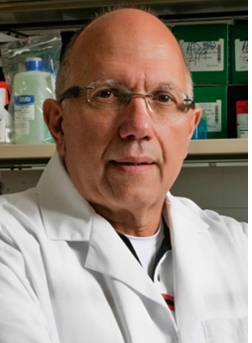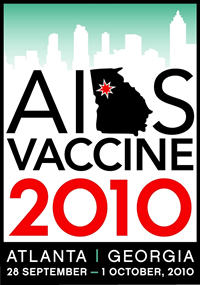Efforts to produce a vaccine against HIV/AIDS have been sustained for more than a decade by a single, modest success: the RV144 clinical trial in Thailand, whose results were reported in 2009.
Now Emory, Harvard and Case Western Reserve scientists have identified a gene activity signature that may explain why the vaccine regimen in the RV144 study was protective in some individuals, while other HIV vaccine studies were not successful.
The researchers think that this signature, observed in immune cells in the blood after vaccination, could be used to design future vaccines that will have a better chance of providing protection against HIV infection.
“We may not need to take ‘shots in the dark’, when testing vaccine platforms or adjuvants for efficacy,” says senior author Rafick-Pierre Sekaly, PhD. “Instead, we can now identify adjuvants and/or vaccine regimens which more potently induce the activation of this signature.”
The results, published this week in Nature Immunology, also contain hints on a contributing factor explaining why a recent HIV vaccine study conducted in South Africa (HVTN702) did not show a protective effect. HVTN702 was designed as a follow-up to RV144, but multiple parameters were different between the Thai and South African vaccine studies, such as the demographics of the participants, the adjuvant used, and the levels and varieties of HIV circulating.
“Our findings highlight one potential mechanism which may have contributed to the muted efficacy of HVTN702,” says Sekaly, professor of pathology and laboratory medicine at Emory University School of Medicine and a Georgia Research Alliance Eminent Scholar.
This mechanism involves the choice of adjuvant, a vaccine additive that enhances immune responses. While RV144 used the adjuvant alum (aluminum hydroxide), HVTN702 used the oil-based adjuvant MF59, also found in some influenza vaccines, to stimulate higher antibody production.
“There are multiple ways that a vaccine can promote protection and some of these do not involve antibodies,” Sekaly says. “Since MF59 failed to potently induce the gene signature we found to be associated with protection, this signature could guide us to mechanisms distinct from antibodies which could trigger protection from HIV-1.”








